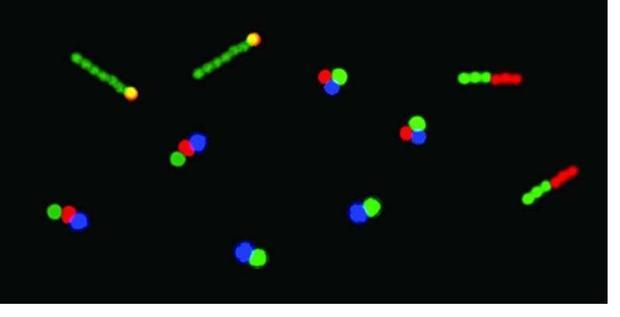Source – digitaljournal.com
Combating the human aging process, either for health reasons or reasons more attuned to simply living for longer, has occupied considerable amounts of scientific inquiry. The solution to combating cell aging may lie with artificial intelligence.
The application of artificial intelligence is the research focus of start-up company Insilico Medicine. The medical technology company is developing artificial intelligence algorithms to study the ageing processes. The aim is to find new interventions in aging.
InSilico Medicine develops knowledge management system of annotated drugs and small molecules. The company foremost develops drugs for oncology and aging, based on a patient’s gene expression data. InSilico Medicine is based in Baltimore, Maryland, U.S. Last year the company launched Aging.AI 2.0, which is a blood biochemistry predictor of human age. This built on the success of its Aging.AI 1.0 platform. Version 1.0 succeeded in using just 41 blood biochemistry biomarkers to test thousands of people. Through this type of analysis Insilico Medicine becames the first company to apply deep generative adversarial networks (GANs) to generating anti-cancer new molecules.
In an interview, Alex Zhavoronkov, PhD, CEO of Insilico Medicine explains the power of artificial intelligence: “Deep Learning with no doubt has a huge potential in healthcare, but unfortunately, very few groups are applying it to aging research. Aging is one of the most complex and multifactorial processes killing millions every year and causing more suffering than any other known disease.”
He goes on to discuss the company’s own progress in the field: “We are developing deep integrated biomarkers of aging that incorporate blood biochemistry, transcriptomics and even imaging data to be able to track the effectiveness of the various interventions we are developing.”
By using the artificial intelligence, the company’s research teams will be able to test the molecules identified in order to select the most effective ones for joint development into novel medicines. Such molecules will be of interest to a range of pharmaceutical companies.
For a different perspective on aging, looking at genetics, Digital Journal recently ran an article discussing why researchers are studying the populace of isolated Greek village, called Mylopotamos. This is in order to understand the ‘genetic secrets’ that appear to confer protection against heart disease.
